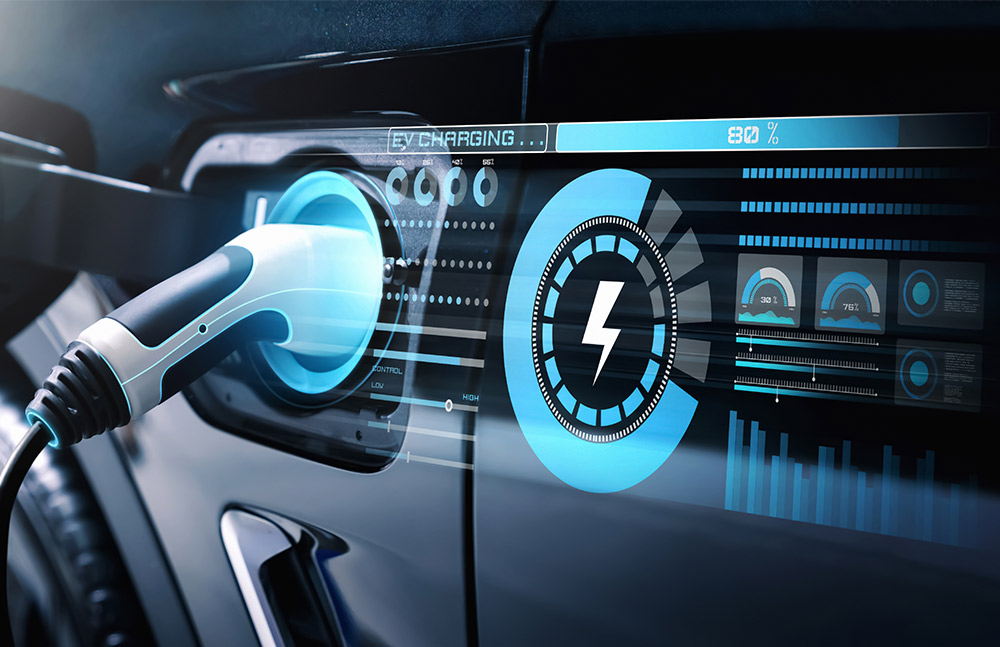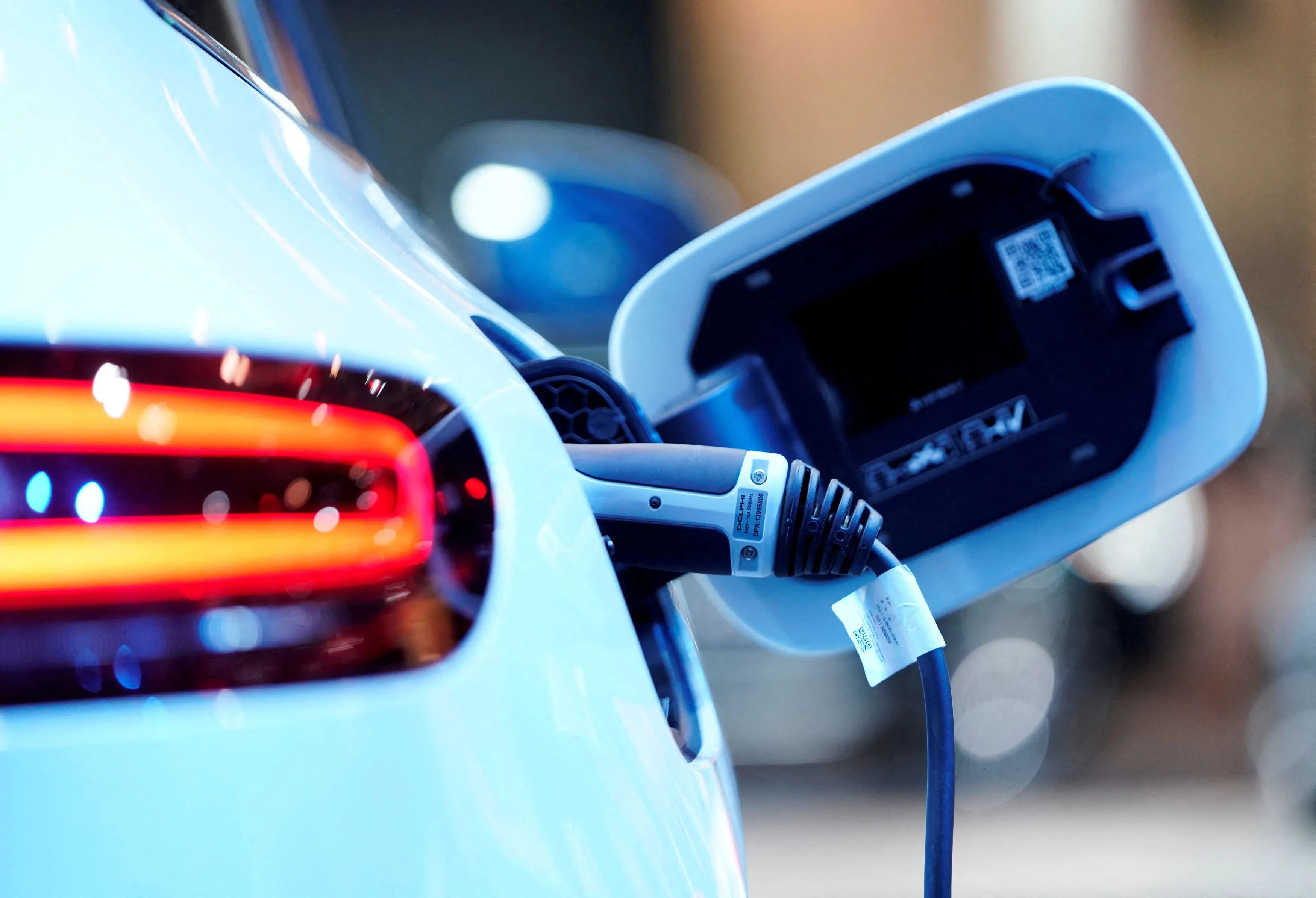
Table of Content
▼Electric two-wheelers are driving the EV revolution in India. Cumulative electric vehicle (EV) sales in India crossed the one million mark for the first time in 2022-23. Two-wheelers accounted for more than 60% of all EV sales, an increase of 183% from 2021-22. One of the main reasons for the high sales of electric two-wheelers is subsidies.
The government is now cutting those subsidies, and makers of electric two-wheelers see it as a regressive step that will revolutionize India, which is driven by two-wheelers.
The Electric Vehicle Adoption and Manufacturing Scheme (FAME) 2015 Electric and Hybrid Vehicles was launched with subsidies. The subsidies aim to achieve price parity between cars with electric motors and engines that run on fossil fuels, thus inducing buyers to choose the cleaner option. 2019. Under Phase II, FAME II, which ends this fiscal year, companies can offer a discount of 40% on the cost of locally manufactured vehicles and claim it as a subsidy from the government. FAME II started in April 2019 and will run till March 2024. Under this scheme, subsidies can range from INR 15,000 to INR 60,000 for a two-wheeler.
Under the FAME-II Scheme Under the FAME-II Scheme Do not cut off support for every vehicle. The budget allocation for two-wheeled electric bikes has been enhanced to around Rs 3,500 crore from Rs 2,000 crore, but the subsidy per unit is being reduced to 15 percent of the ex-factory price from 40 percent now. The industry fears that subsidy cuts will reignite India's fledgling electric car revolution. It wants subsidies for several more years.
What does the industry say?
The industry does not think this is the right time to cut subsidies. The Association of Electric Vehicle Manufacturers (SMEV) said that the reduction in subsidies could lead to a significant decrease in the adoption of electric vehicles, affecting the entire industry for a significant period of time.
SMEV General Manager Sohinder Gill said the company is price sensitive, and the total cost of ownership is not fixed in the minds of consumers. He added that since the majority of two-wheeler petrol cars cost less than Rs 1.5 lakh only considering the total cost of ownership.
He noted that "a gradual transition with continued subsidies would have been ideal to ensure market growth and access to electric vehicle adoption (currently only 4.9 percent) before reducing subsidies to customers."
The share of electric vehicles in total car sales in India is currently around 5%. The government's target for electric vehicle sales by 2030 is 30% for private cars, 70% for commercial vehicles and 80% for two- and three-wheelers.
Why does the government slashing two-wheeler subsidies?
The government had announced a few months ago that since it was close to achieving its target of 1 million sales in the four years it had set, the subsidy might not continue. The government had no choice but to abruptly stop subsidies or somehow manage the remainder of the year by cutting the budget significantly and pulling some unspent money out of the electric three-wheeler budget to increase spending on the two-wheelers, and that's what it has done.
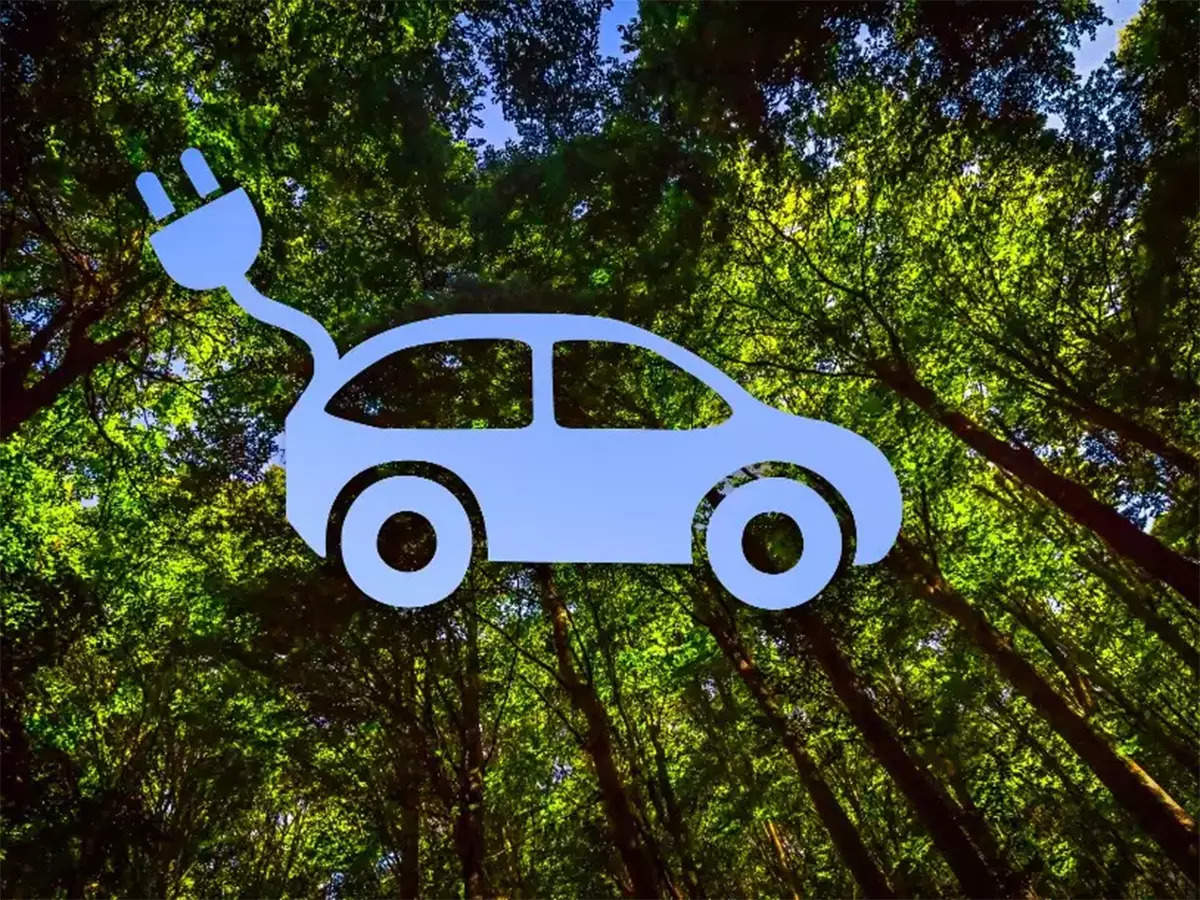
Despite the reduction in per-vehicle subsidies, the higher spending will increase the penetration of two-wheeled electric vehicles as the government will be able to subsidize more vehicles with available funds. This can lead to a higher unit cost for consumers, but more buyers will benefit.
"If we continue to subsidize each unit at the current levels, the provision for electric two-wheelers will be depleted in the next two months, although the amount allocated will be increased," an official told.
How will it be without the subsidies?
Several experts believe that there is no need for more support for electric vehicles, especially two-wheelers, since more than a million electric vehicles have already been supported. Also, with most state governments having incentives and cell prices below 2021-22 levels, subsidies for electric two-wheelers need to be cut and new categories added, such as quadricycles, e-cycles, commercial vehicles and private buses.
More than subsidies, what we need now is an ecosystem for electric vehicles, a government official told. The incentive scheme linked to the production of cells and batteries for automobiles will help drive further investment in this sector over the next three to four years. The emerging electric mobility ecosystem will reduce costs for manufacturers.
However, the industry believes there is still a long way to go for ecosystem support, such as cheaper battery cells, to reduce the costs of mass-producing two-wheeled bikes.
Siddharth Kapra, co-founder and CEO of VoltUp, emphasized the need to take a holistic view of how the electric vehicle sector will grow after the reduction of the FAME subsidy. "With the subsidy cut to 15 percent, it is clear that the EV ecosystem in India is growing rapidly and there is demand. While the immediate effect of the subsidy cut will be higher prices and lower sales, the government is in the path" to allow the industry to become independent,” he recently told.
With the cut in subsidies coming into force from June, two-wheeler manufacturers are looking to adjust products and prices to remain competitive. Major manufacturers are said to be realigning their products by releasing lower-spec variants by reducing the features and size of the batteries.
Also Read: Top 7 Essential Summer Car Care Tips 2023
Mehul Jain
EV Specialist & Clean Mobility Advocate. Mehul Jain is an expert in India’s evolving electric vehicle ecosystem, with a focus on EVs, charging infrastructure, and sustainable mobility. His articles cover everything from government subsidies to range insights, helping readers navigate the shift to cleaner transportation.
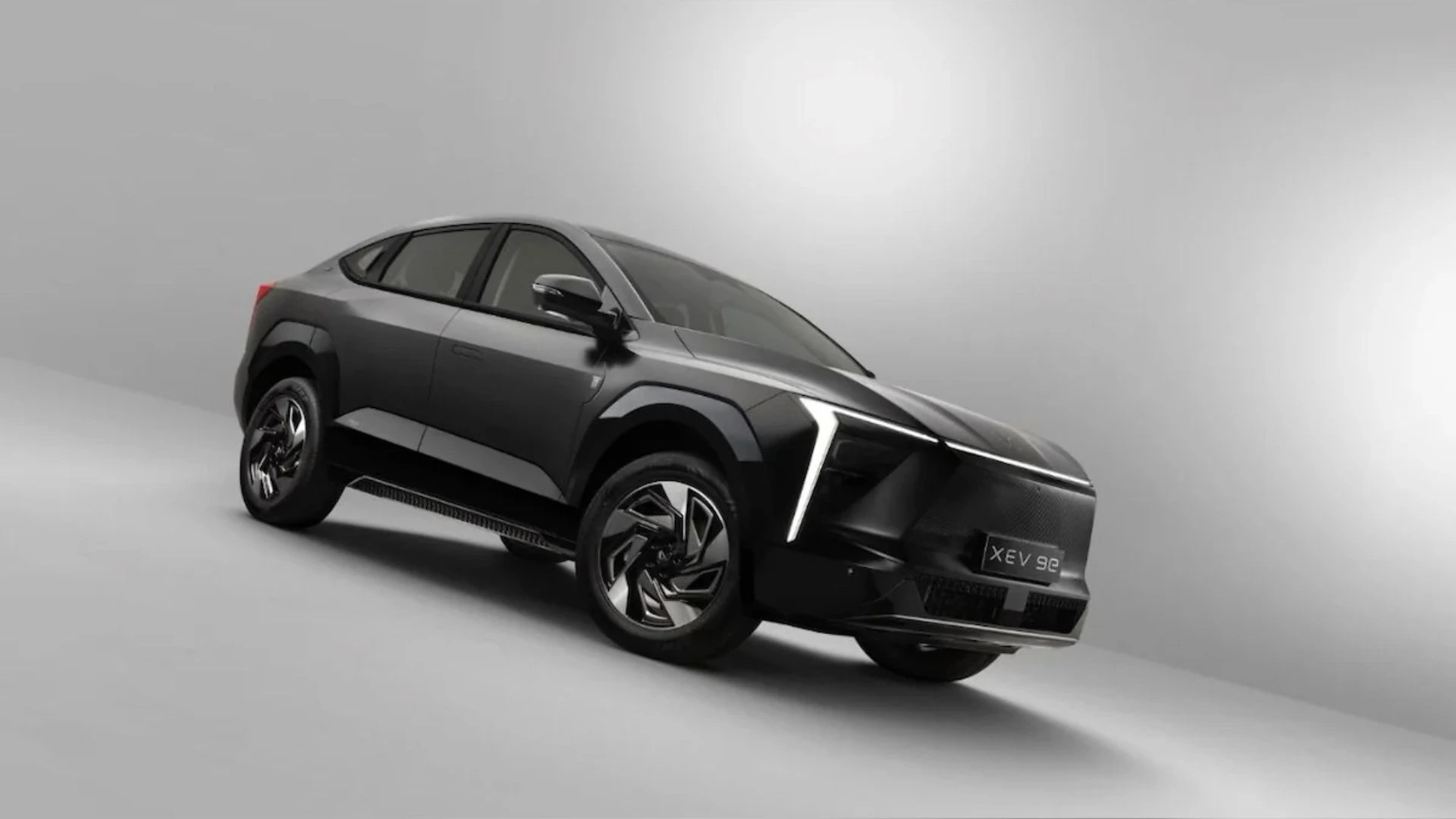
_1770886465.webp)
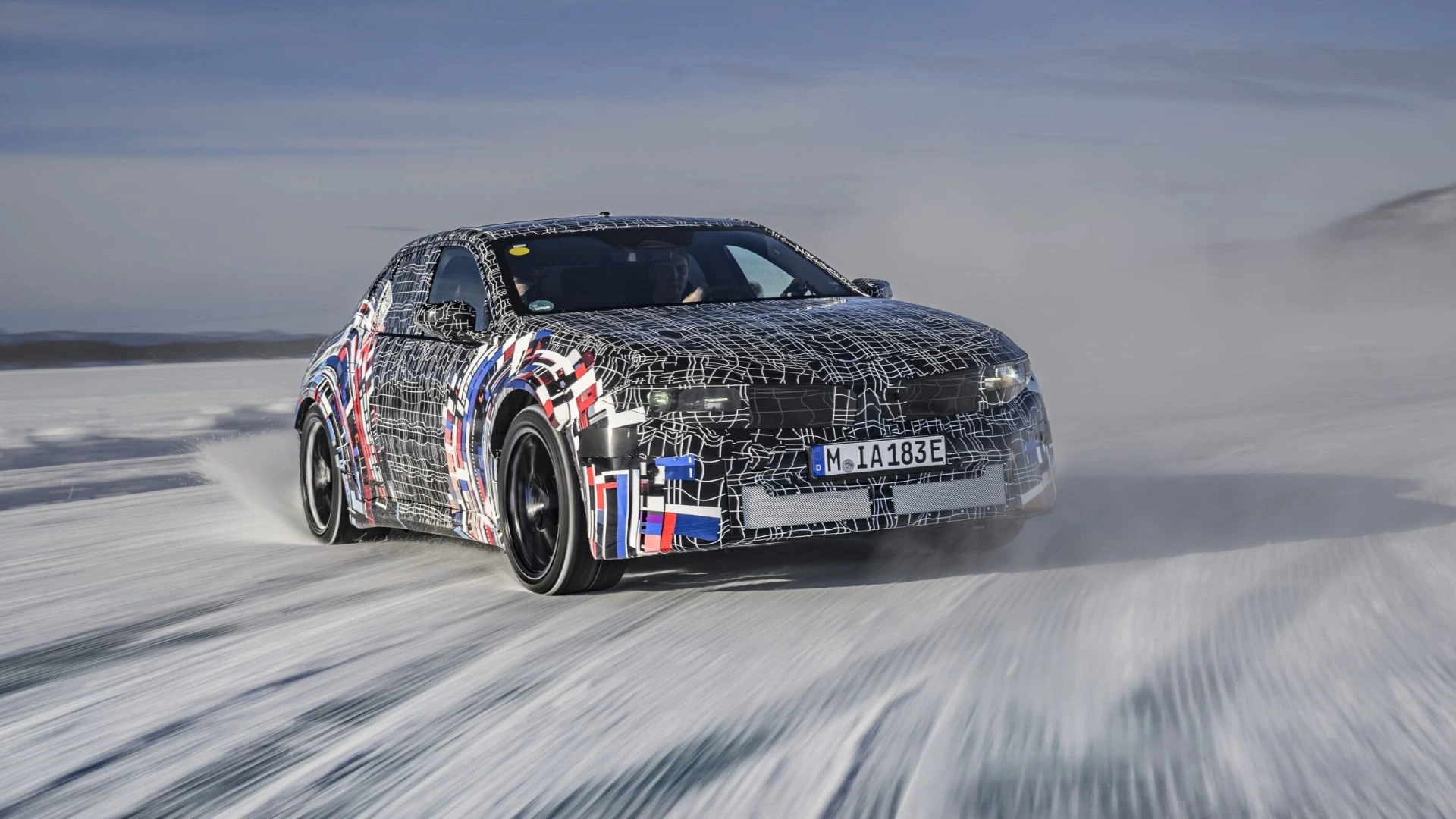
_1716799620.webp)

